

William Stopford
2026 Suzuki Vitara Hybrid price and specs
15 Minutes Ago
After a promising June, the premium brands struggled during the month of July – though there were a handful of exceptions.

Marketplace Editor
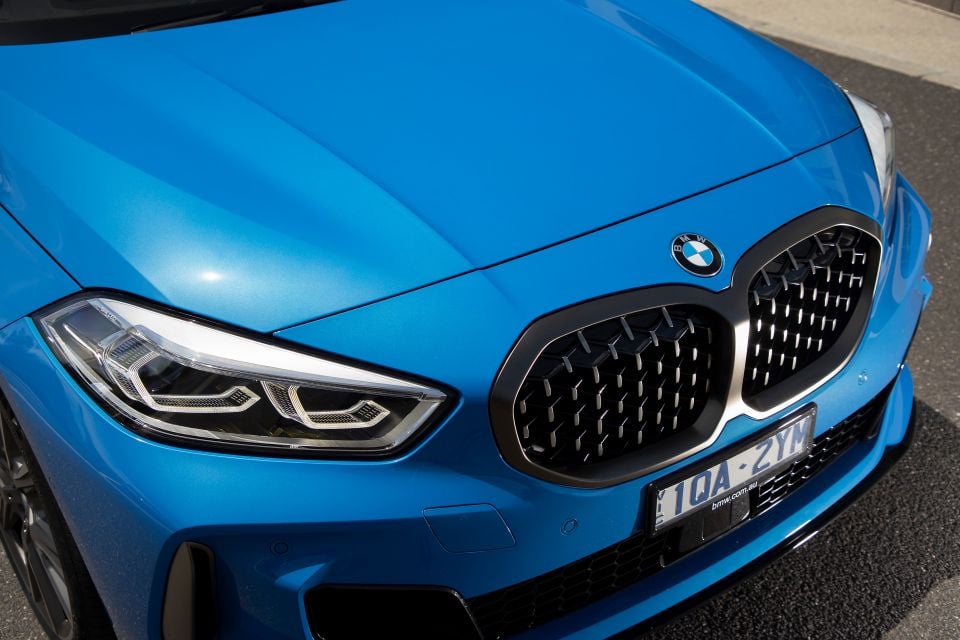

Marketplace Editor
After some all-time records in June, last month saw a humbling return to slower sales for most premium marques.
Mercedes-Benz, BMW, Lexus, Jaguar, Land Rover, Porsche and Mini all posted monthly declines, while Audi, Alfa Romeo and Volvo Car bucked the trend.
| Brand | Volume – July 2020 | % Change – July 2020 |
|---|---|---|
| Mercedes-Benz Cars | 2556 | -8.5 |
| Audi | 1315 | +53.3 |
| BMW | 1011 | -42.5 |
| Volvo Car | 692 | +23.1 |
| Lexus | 527 | -29.5 |
| Land Rover | 306 | -40.0 |
| Porsche | 230 | -29.4 |
| Mini | 200 | -20.9 |
| Alfa Romeo | 94 | +67.9 |
| Jaguar | 80 | -42.9 |
| Genesis | 22 | 0.0 |
To the end of July, just Audi and Genesis are up year-to-date (YTD), posting gains of 6.1 per cent and 41.7 per cent respectively – Genesis is admittedly working off a low base.
Let’s take a closer look at how each brand and their key model lines performed in July.
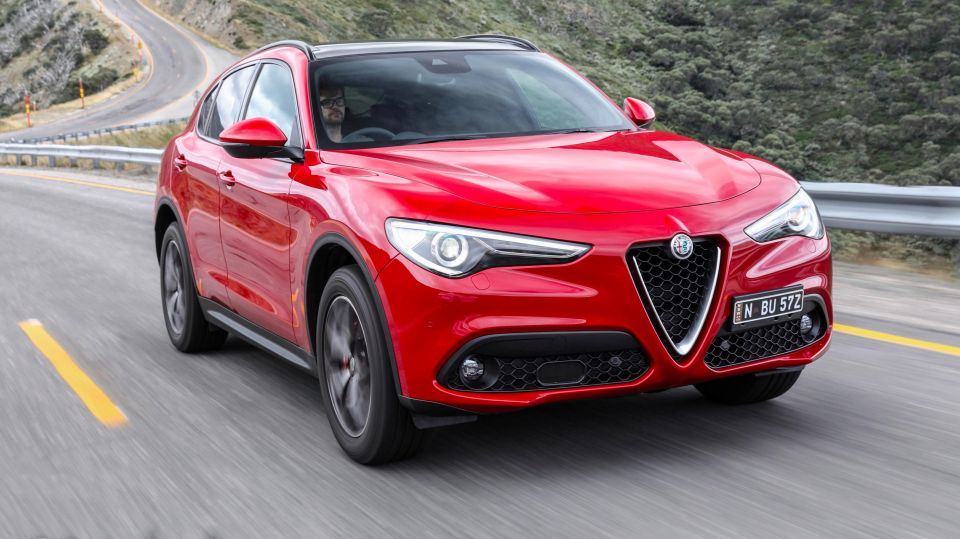
The iconic Italian brand was up 67.9 per cent in July to 94 units, off the back of a very successful month for its Stelvio crossover.
While all its over model lines were down, the Alfa Romeo Stelvio posted growth of 446.7 per cent to achieve 82 registrations, up from last July’s figure of 15 units.
Meanwhile, just seven Giulia sedans found homes, in addition to five Giuliettas.
Updated versions of the Giulia and Stelvio are due before year’s end, bringing a raft of technology upgrades and enhanced equipment levels.
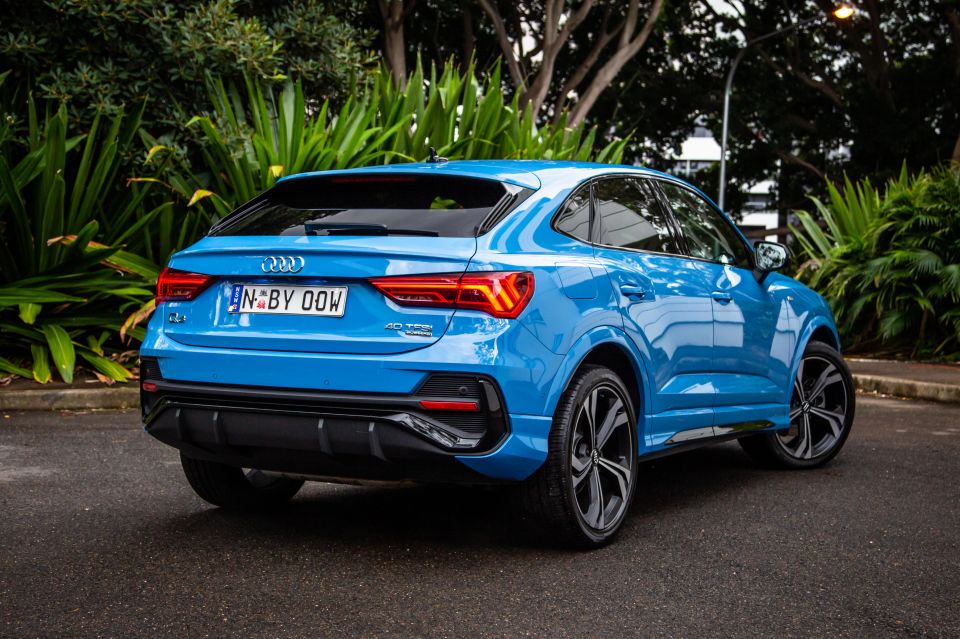
July saw Audi finish second in the luxury sales race, beating out BMW.
Key drivers of Audi’s 53.3 per cent monthly growth included the Q3 small SUV, which accounted for 226 sales after being in between generations this time last year, the soon-to-be replaced A3 small car (up 71.5 per cent to 331 units), and the mid-sized Q5 SUV (up 10.4 per cent to 297 units).
July was also a strong month for the seven-seat Q7, which sold 94 units (+683.3 per cent), while the littlest crossover, the Q2, stayed relatively stable at 137 sales (-4.2 per cent).
The new-generation A1 city hatchback continues to add incremental volume after a long gap between iterations, with 47 sales in July and YTD volume up 59.7 per cent.
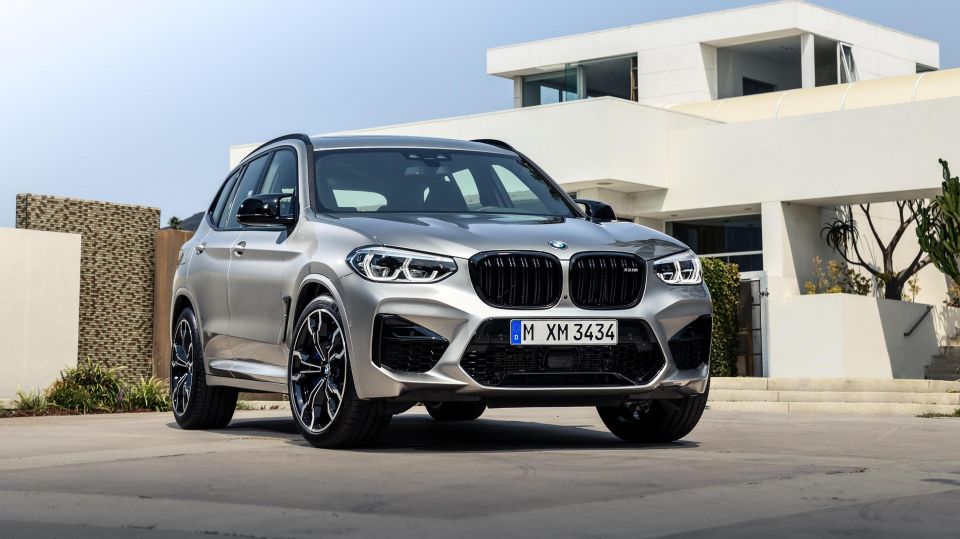
After posting an all-time monthly sales record on June, BMW suffered big time in July.
Monthly volume dropped 42.5 per cent compared to July 2019 to 1011 units, meaning the brand was outsold by Audi and was less than half the volume of arch-rival Mercedes-Benz.
The top-selling 3 Series sedan and wagon fell off a cliff in relative terms, dropping 66.8 per cent to 84 units. Getting gold in the BMW sales race was the X3 SUV, which returned 271 sales, down 13.4 per cent.
Other usually popular models that took big hits included the 1 Series hatchback (-58.1 per cent to 98 units), X1 small SUV (-61.8 per cent to 89 units) and the X5 large SUV (-54.0 per cent to 91 units).
Speaking with CarExpert, a spokesperson for BMW Australia indicated some of the sales slide can be attributed to low stock levels caused by temporary factory closures during the COVID-19 pandemic.
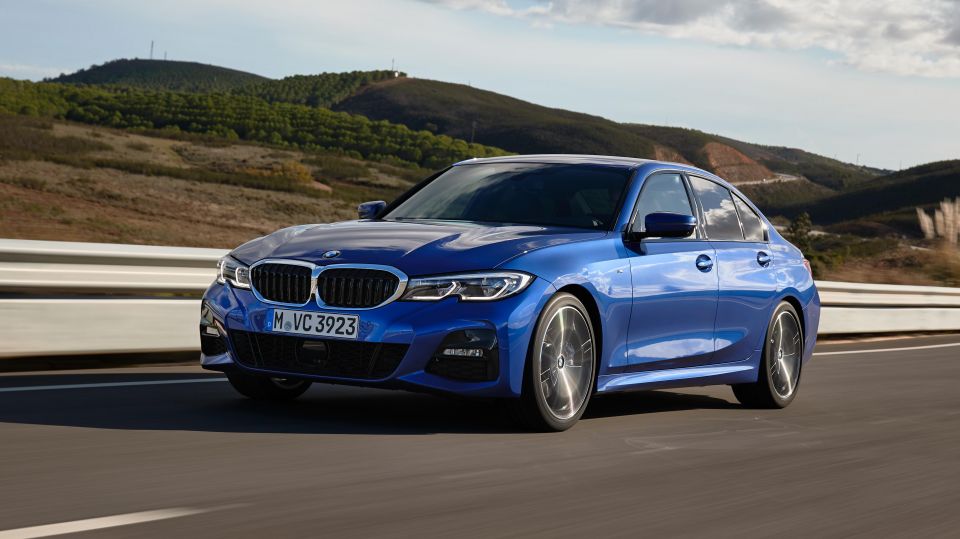
“The July figures reflect a period earlier this year when our production facilities were forced to temporarily close due to COVID-19,” said the BMW spokesperson, “the closures had a direct impact on new vehicle stock arriving in the country.”
“We continue to see strong demand for our product – evidenced by a double digit percentage increase in order intake for July – and we look forward to fulfilling customer orders with new stock due to arrive in the country this month.”
“Other positive aspects for BMW to the end of July included year-to-date model segment leadership for five models: 3 Series, 8 Series, Z4, X4 and X6. Demand for BMW M vehicles is also high. Year-to-date registrations account for 22 per cent of our sales mix, which is up 2.7 per cent on the corresponding period in 2019,” the spokesperson added.
There were some positive stories for the brand in July, however, with the niche 8 Series and X6 both showing monthly growth – up 55.6 per cent to 14 units and up 466.7 per cent to 34 units respectively.
Incremental volume is being added by the new 8 Series Gran Coupe as well, which is counted separate to the two-door models, with a further 14 units sold in July.
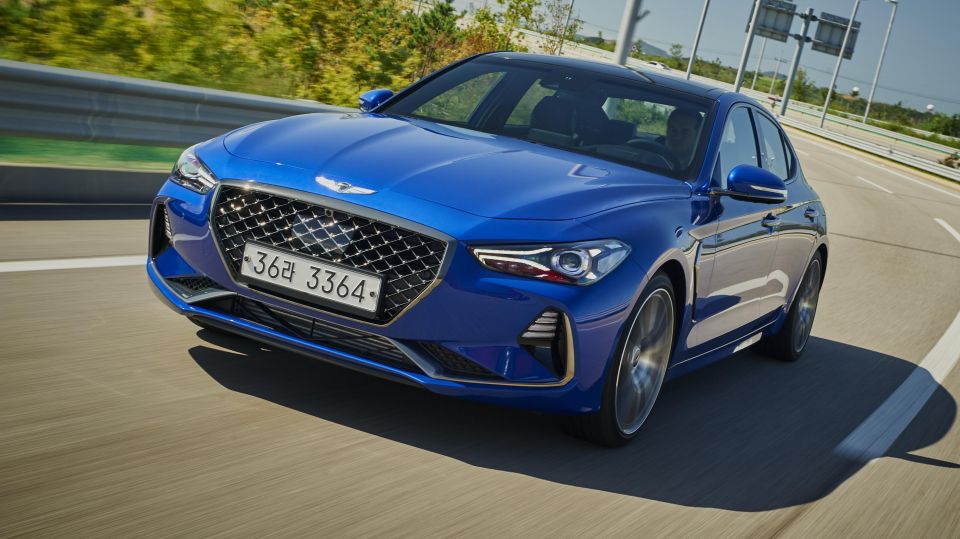
Korea’s luxury brand had a decent month in the lead-up to a new product onslaught, matching July 2019’s volume of 22 units with YTD sales up 41.7 per cent.
That’s not bad considering half its line-up (the G80) is in between generations and its biggest volume opportunity, the all-new GV80 SUV, is still on the way Down Under.
Despite the lack of G80 sales (just 1 unit sold), the smaller G70 returned 21 sales in July, an increase of 40.0 per cent compared to the same month in 2019.
With two all-new models arriving in the coming months, it will be interesting to see if Genesis can make a proper impact on the luxury segments.
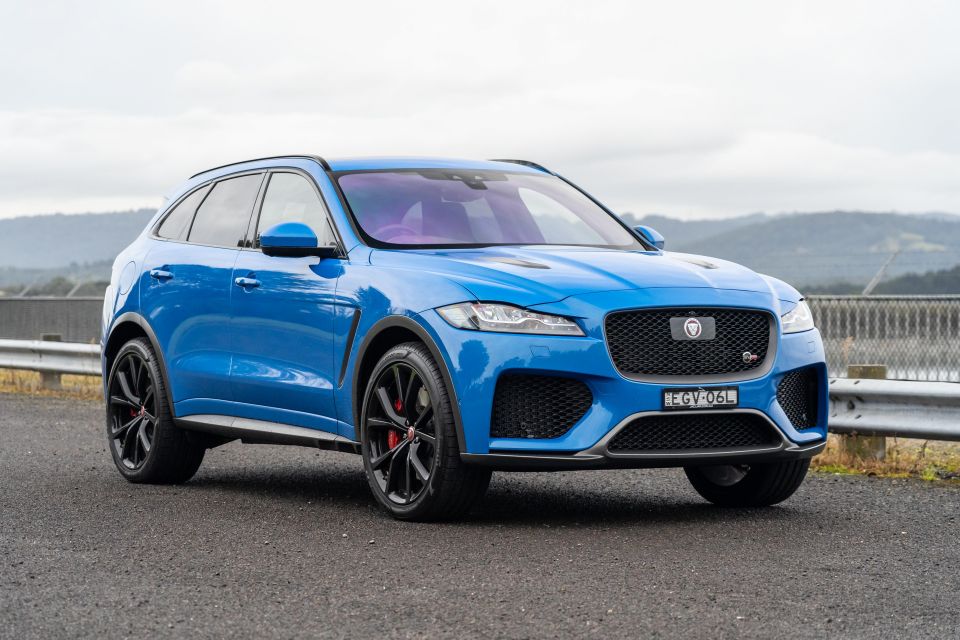
Britain’s big cat continued its rather modest sales performance in 2020, posting a decline of 42.9 per cent to just 80 units.
Jaguar’s volume nameplates were all down – E-Pace down 42.7 per cent to 28 units, XE down 68.8 per cent to 15 units – though some of its slower-selling lines were up.
The F-Pace grew 42.9 per cent to 20 units, and the XF sedan saw 300 per cent growth to 4 sales.
In a statement, Jaguar Land Rover Australia indicated sales across the group’s brands were “not where they should be”, attributed to supply constraints caused by factory closures as a result of the COVID-19 pandemic – much like BMW.
According to JLR, order take was up by 38 per cent compared to July 2019, though national stock levels are 60 per cent lower.
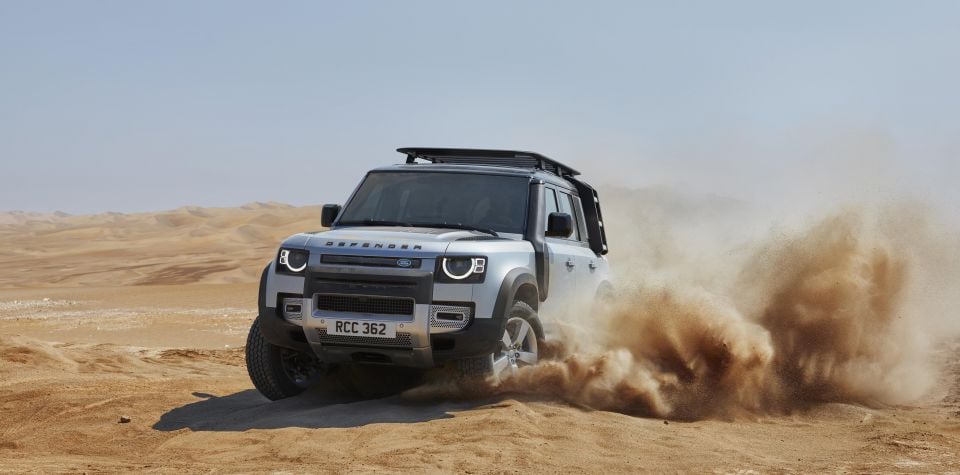
Like its Jaguar stablemate, the Land Rover brand (which covers Range Rover models in VFACTS) saw decline of 40 per cent overall compared to July 2019.
The usually popular Discovery and Discovery Sport were down 41.8 per cent (39 units) and 63.6 per cent (56 units) respectively, as was the Range Rover Evoque (-62.4 per cent to 47 units).
Range Rover Sport also saw decline in July, dropping by 44.8 per cent to 53 units.
Surprisingly, the top-selling model for Land Rover in July was the all-new Defender, which saw 64 registrations last month as first customer deliveries arrived in the country.
As mentioned earlier, Jaguar Land Rover reported increased customer interest in July but reduced national stock levels.
The new Defender has also been subject to 9000 expressions of interest with hundreds of test drives booked nationally over the coming weeks, though the company warns stocks of its reborn off-roader will also be constrained due to reduced factory operations in Europe.
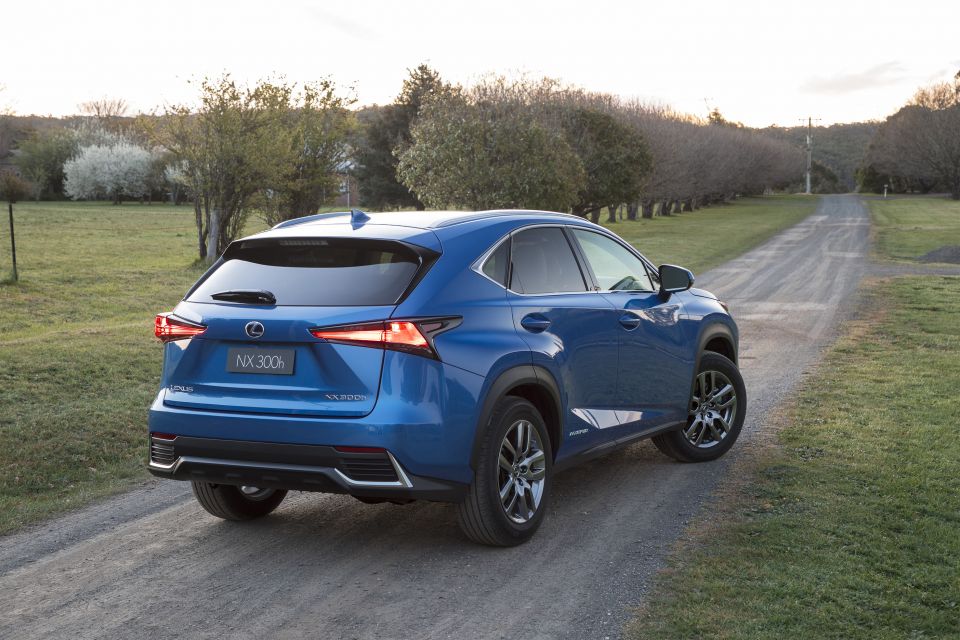
The Japanese luxury marque fell off a bit in July after its record-breaking 2019 results, declining 29.5 per cent month-on-month to 527 sales overall.
Its shining star continues to be the NX crossover, which was by far its best seller with 213 registrations in July (-14.1 per cent).
The larger RX took silver in the internal sales race, achieving 115 sales (-20.1 per cent), with bronze going to the little UX crossover (80 units, -57.0 per cent).
Lexus’ passenger car range was largely low volume with some growth and decline depending on nameplate.
The ES sedan was down 18.2 per cent to 36 sales, the IS was down 29.6 per cent to 38 units – keep in mind a redesigned model is just months away – while the flagship LC sports car grew 66.7 per cent to 5 units.
Meanwhile, the ageing RC coupe managed 15 registrations in July (down 11.8 per cent) while the LandCruiser 200-based LX off-roader fell 60.0 per cent to 14 sales.
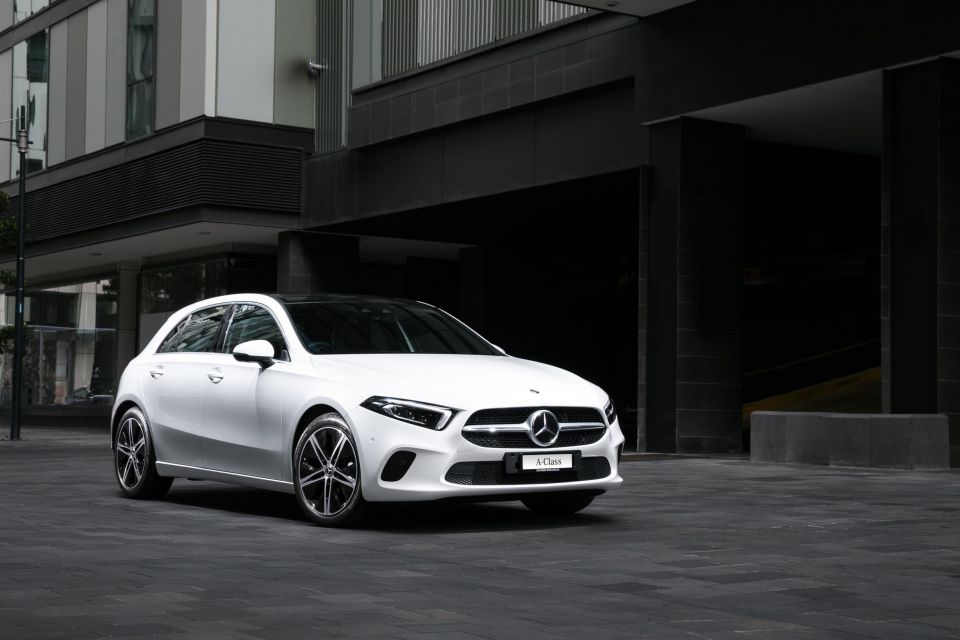
Like rival BMW, Mercedes-Benz Cars was unable to back up its all-time sales record in June, declining by 8.5 per cent compared to July 2019.
Once again the brands top-seller was the A-Class small car (588 units, +57.2 per cent) followed by the GLC mid-sized SUV (479 units, -19.6 per cent) bolstered by an additional 83 sales for the GLC Coupe (+23.9 per cent)
The C-Class maintained its stronghold on the luxury mid-size sedan segment (30.6 per cent share), though saw a significant drop compared to recent months (299 units, -48.1 per cent), while the new-generation GLE continued to lead the way in the large premium SUV class, returning 266 registrations (+31.7 per cent).
Elsewhere in the range, the CLA four-door coupe stayed strong with 236 sales (-4.1 per cent) while the soon-to-be-replaced GLA and all-new GLB provided incremental volume (93 units and 86 units respectively).
Rounding out the highlights for Mercedes-Benz in July was the GLS flagship SUV, continuing its steady climb returning 64 units in July, marking an increase of 82.9 per cent. Like the GLE, it’s up by well over 200 per cent YTD.
The arrival of an all-new GLA, GLE Coupe and a range of AMG models will no doubt help the three-pointed star heading into the tail end of 2020.
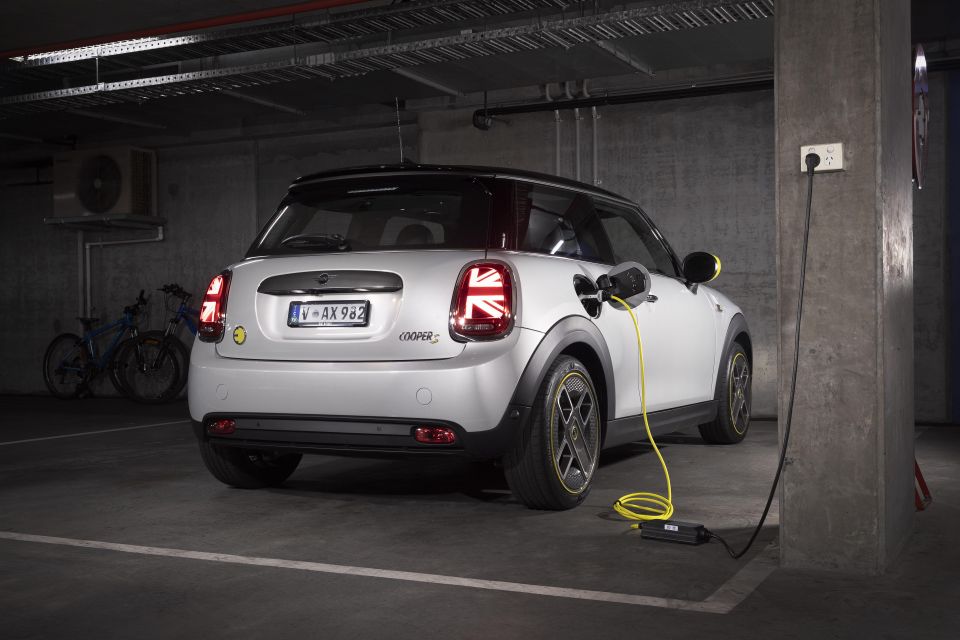
The funky urban car subsidiary of the BMW Group saw an overall decline of 20.9 per cent though had small wins for a pair of its nameplates.
During July the Mini brand sold 200 vehicles, down on last July’s figure of 253 units.
However, the Cabrio and Clubman grew for the month, with the former posting 22 sales (+22.2 per cent) and the latter returning 37 registrations (+94.7 per cent).
The Mini Hatch (both 3 Door and 5 Door) fell by 32.9 per cent to 102 units, though still maintained a 66.2 per cent share of the premium light car segment – ahead of the Audi A1 and Citroen C3.
Looking ahead, the brand has an updated Countryman due to hit local showrooms, and the remainder of Australia’s all-electric Mini Cooper SE hatchbacks to still be sold – 70 per cent were already accounted for when order books opened in May.
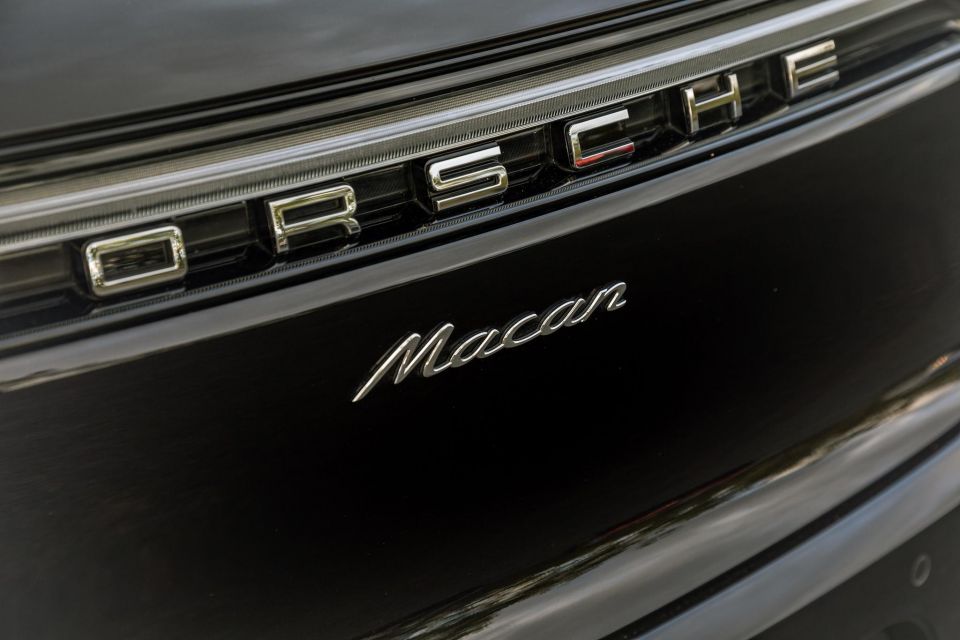
The Stuttgart-based luxury-performance marque had a slow month in July, dropping by 29.4 per cent to 230 units with significant declines for its volume-selling Macan and Cayenne SUVs.
The Macan fell to double-digit sales last month, falling 49.0 per cent to 99 units, while the Cayenne wagon dropped by 37.0 per cent to 51 units. That said, the new Cayenne Coupe added 28 units of additional volume for the month.
Elsewhere in the line-up, the 911 sports car was up 39.1 per cent to 32 units, though the 718 Boxster and 718 Cayman were down 33.3 per cent and 7.7 per cent respectively (6 units, 12 units).
Looking forward, Porsche has new versions of the 911 and Cayenne on the way – namely the 911 Targa and Turbo models, as well as the Cayenne GTS and Cayenne GTS Coupe.

Chinese-owned Volvo was one of the few brands to post growth in July, increasing sales by a decent 23.1 per cent to 692 units overall.
Leading the charge were the XC60 (267 units, +29.6 per cent) and XC40 (215 units, -10.8 per cent) SUVs, with the remaining bulk of sales accounted for by the S60/V60 twins (63/55 units), as well as the flagship XC90 SUV (85 units, -17.5 per cent).
Year-to-date Volvo is down 7.4 per cent, with the only new models arriving being the plug-in hybrid XC40 Recharge PHEV – read our review here.
James Wong is an automotive journalist and former PR consultant, recognised among Australia’s most prolific motoring writers.


William Stopford
15 Minutes Ago
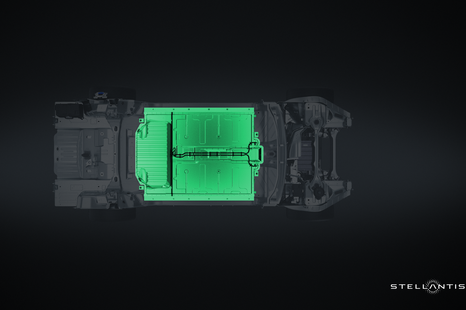

Damion Smy
1 Hour Ago
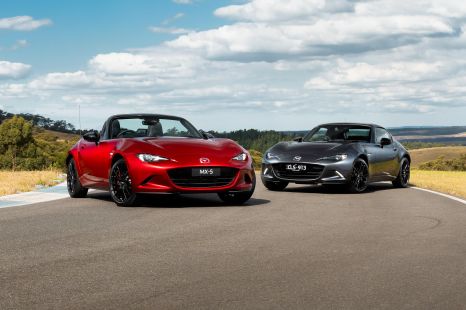

Derek Fung
5 Hours Ago
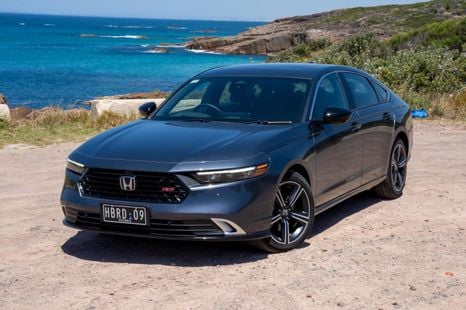

Andrew Maclean
12 Hours Ago


Damion Smy
18 Hours Ago
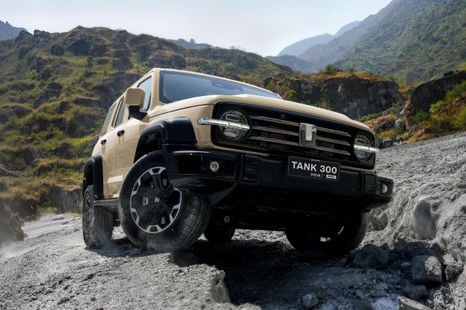

William Stopford
19 Hours Ago
Add CarExpert as a Preferred Source on Google so your search results prioritise writing by actual experts, not AI.